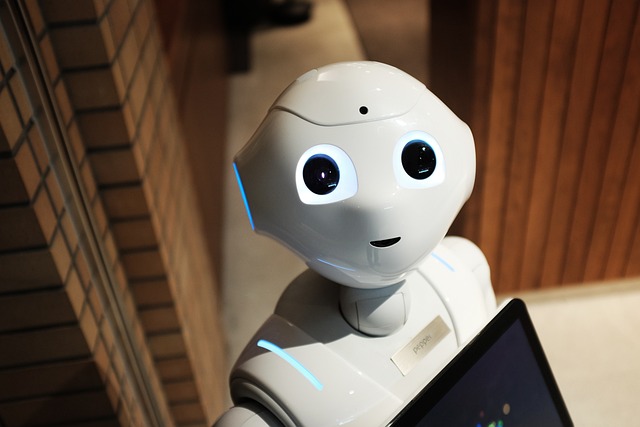# Transforming Everyday Tasks: How AI Technology Is Streamlining Our Lives and Workflows
Artificial Intelligence (AI) has rapidly evolved from a futuristic concept into an integral part of our daily lives. As technology continues to advance, the ways in which AI is streamlining our tasks and workflows are becoming increasingly apparent. From automating mundane chores to enhancing professional productivity, AI is reshaping how we interact with the world. This article explores the transformative impact of AI on everyday tasks, its applications in various sectors, and the future of AI technology.
## The Role of AI in Daily Life
Daily routines are often filled with repetitive tasks that can drain time and energy. With the advent of AI, many of these tasks are now being automated, allowing individuals to focus on more meaningful activities. For instance, smart home devices equipped with AI capabilities can manage household chores, such as adjusting thermostats, controlling lighting, or even ordering groceries. Voice-activated assistants like Amazon’s Alexa, Google Assistant, and Apple’s Siri have changed the way we interact with technology, making it easier to manage our schedules, set reminders, and control smart devices seamlessly.
Moreover, personal finance management has also been enhanced through AI applications. Apps like Mint and YNAB (You Need A Budget) use AI algorithms to analyze spending habits, categorize expenses, and provide insights into financial health. Through machine learning, these applications can offer personalized advice, helping users make informed decisions about budgeting, saving, and investing. By streamlining these everyday tasks, AI allows individuals to reclaim valuable time and mental bandwidth, ultimately leading to a more organized and efficient lifestyle.
## AI in the Workplace: Boosting Productivity
Transitioning from personal life to the professional realm, AI’s influence on workplace productivity is undeniable. Businesses across various sectors are adopting AI-driven solutions to enhance efficiency and streamline operations. Chatbots, for example, have become a staple in customer service departments, handling inquiries and providing support 24/7. By automating routine interactions, companies can free up human agents to focus on more complex issues, improving overall customer satisfaction.
In addition to customer service, AI is revolutionizing data analysis and decision-making processes. Advanced analytics tools powered by AI can sift through vast amounts of data in a fraction of the time it would take a human analyst. By identifying patterns and trends, these tools provide valuable insights that drive strategic decisions. For instance, companies like Salesforce and HubSpot leverage AI to analyze customer data, enabling businesses to tailor their marketing strategies and improve sales forecasting.
Furthermore, AI is playing a crucial role in project management. Tools such as Asana and Trello have integrated AI features that help teams prioritize tasks, allocate resources, and track progress. By automating scheduling and reminders, these platforms ensure that projects stay on track and deadlines are met. As a result, teams can collaborate more effectively, leading to increased productivity and improved outcomes.
## The Future of AI: Opportunities and Challenges
Looking ahead, the potential of AI technology is vast, but it is not without its challenges. One of the most significant opportunities lies in the realm of healthcare. AI has the potential to revolutionize diagnostics, treatment planning, and patient care. Machine learning algorithms can analyze medical images, identify anomalies, and assist doctors in making more accurate diagnoses. For instance, AI tools like IBM Watson Health are already being used to analyze patient data and suggest personalized treatment options, ultimately improving patient outcomes.
However, ethical considerations must be addressed as AI becomes more prevalent in sensitive areas such as healthcare and finance. Issues surrounding data privacy, algorithmic bias, and job displacement are paramount. As AI systems rely on vast datasets, ensuring that these datasets are representative and free from bias is crucial. Additionally, as automation becomes more widespread, the workforce must adapt to a changing job landscape, with a focus on reskilling and upskilling workers to thrive in an AI-driven economy.
In conclusion, AI technology is transforming everyday tasks and workflows, offering unprecedented efficiency and convenience in both personal and professional domains. As we embrace these advancements, it is essential to navigate the associated challenges thoughtfully. By leveraging AI responsibly and ethically, we can harness its potential to enhance our lives and work, paving the way for a more streamlined and productive future. Embracing this technology not only empowers individuals but also fosters innovation across industries, ultimately leading to a more efficient and interconnected world.











